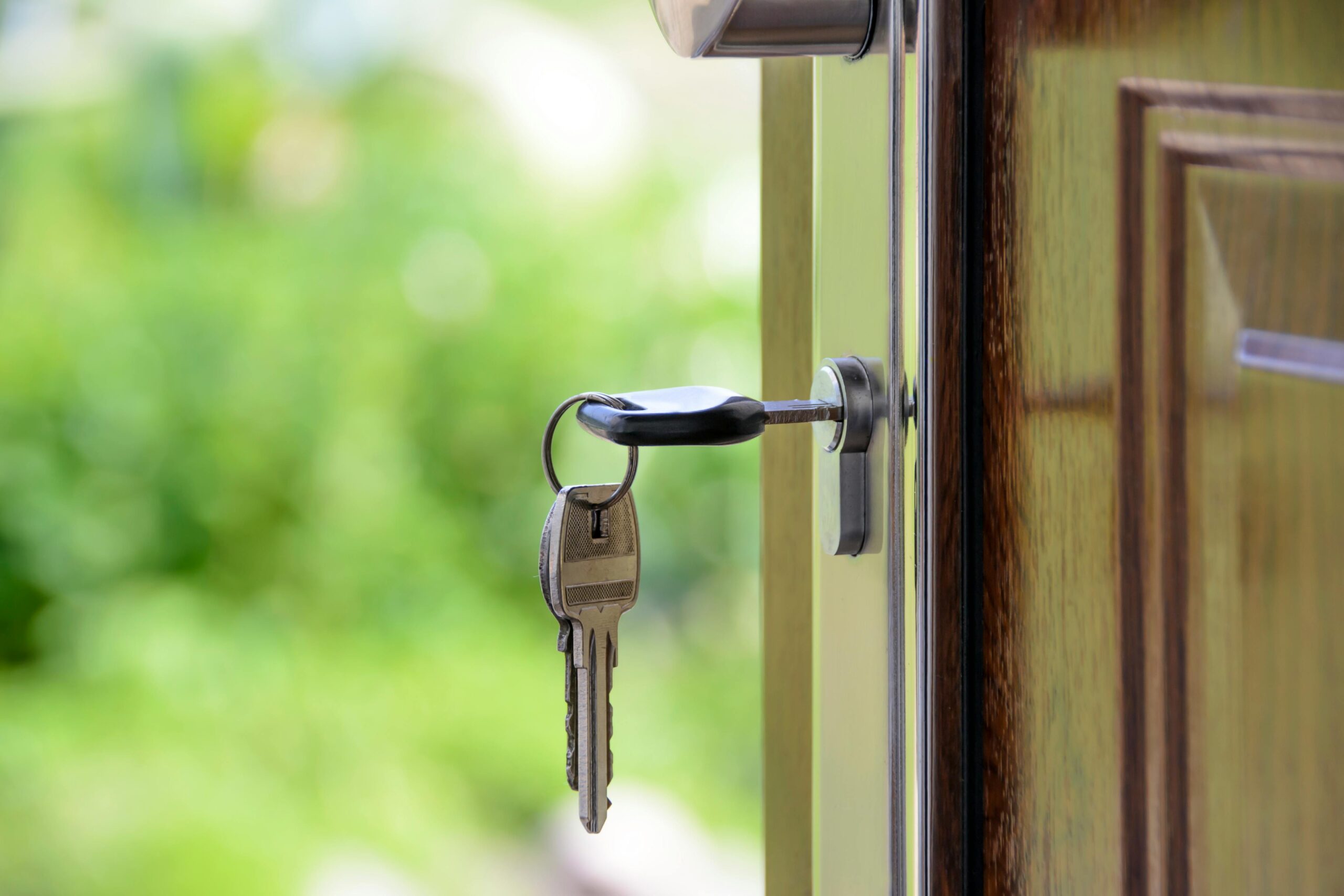
What Are The Causes And Effects Of A Housing Bubble?
A housing bubble is a period of rapid and unsustainable increase in home prices, often fueled by speculation and excessive demand. When the bubble bursts, prices plummet, leading to financial hardship for many. Here’s a look at the causes and effects:
Causes of a Housing Bubble
- Increased Demand and Limited Supply: A surge in demand for housing, coupled with a limited supply of available homes, can drive prices up rapidly.
- Low Interest Rates: Low interest rates make mortgages more affordable, increasing buying power and fueling demand.
- Easy Credit and Lax Lending Standards: When lenders offer mortgages with low down payments or relaxed credit requirements, it allows more people to enter the market, even if they can’t truly afford it. This was a major factor in the 2008 housing crisis.
- Speculation: When investors buy properties with the expectation of quickly flipping them for a profit, it can further inflate prices.
- Irrational Exuberance: A widespread belief that home prices will continue to rise indefinitely can lead to a frenzy of buying, further fueling the bubble.
Effects of a Housing Bubble
- Rapid Price Increases: Home prices rise at an unsustainable pace, often far outpacing income growth.
- Decreased Affordability: Homes become increasingly unaffordable for average buyers, locking many out of the market.
- Increased Debt: Buyers take on larger mortgages to afford inflated prices, increasing their debt burden.
- Market Instability: The market becomes increasingly unstable and vulnerable to a correction.
When the Bubble Bursts
- Price Decline: When demand decreases or supply increases, prices begin to fall, often rapidly.
- Foreclosures: Homeowners who can no longer afford their mortgages may face foreclosure.
- Economic Downturn: A housing bubble burst can trigger a broader economic downturn, as it impacts related industries like construction and finance.
- Underwater Mortgages: Homeowners may find themselves owing more on their mortgages than their homes are worth.
Lessons from the Past
The 2008 housing crisis was a stark reminder of the devastating effects of a housing bubble. It led to widespread foreclosures, economic recession, and financial hardship for millions of people.
Key Takeaways:
- Housing bubbles are characterized by unsustainable price increases driven by various factors, including demand, easy credit, and speculation.
- When a bubble bursts, it can have severe economic consequences.
- It’s important to be aware of the signs of a housing bubble and to make informed decisions when buying or selling real estate.
By understanding the causes and effects of a housing bubble, you can be better prepared to navigate the real estate market and avoid potential pitfalls.
April 25, 2025
Leave a Reply Cancel reply
© 2020 CENTURY 21 Prime South Realty, Inc. All rights reserved. CENTURY 21®, the CENTURY 21 Logo and C21® are registered service marks owned by Century 21 Real Estate LLC. Century 21 Real Estate LLC fully supports the principles of the Fair Housing Act and the Equal Opportunity Act. Each office is independently owned and operated.